
Birds: Risk and Resilience (start time: 5:55) What speaks of Spring more than the songs of American robins, yellow warblers, spotted towhees and other birds in the early morning? As we relish in these avians choruses, it’s also an important time to examine why bird populations in North America have, by and large, been plummeting in recent decades, due to multiple stressors, including climate change and habitat destruction. At the same time, some conservation efforts (including bipartisan legislation) on the federal, state and local levels, are bearing some fruit. And everyone can help give these winged creatures a hand, starting with their own gardens, and by getting involved in citizen science projects, such a bird-banding and bird-counting. In this week’s show, host Susan Moran interviews Arvind Panjabi, a senior research scientist at Bird Conservancy of the Rockies, a nonprofit organization devoted to the conservation of birds and their habitats. (Listen to Shelley Schlender’s sound portrait of five migratory birds that are visiting Colorado now (start time: 2:58).
Host/Producer: Susan Moran
Engineer: Jackie Sedley
Executive Producer: Joel Parker
Headline Contributors: Joel Parker, Shelley Schlender
Listen to the show here:
Podcast: Play in new window | Download (Duration: 27:33 — 37.8MB)
Subscribe: RSS




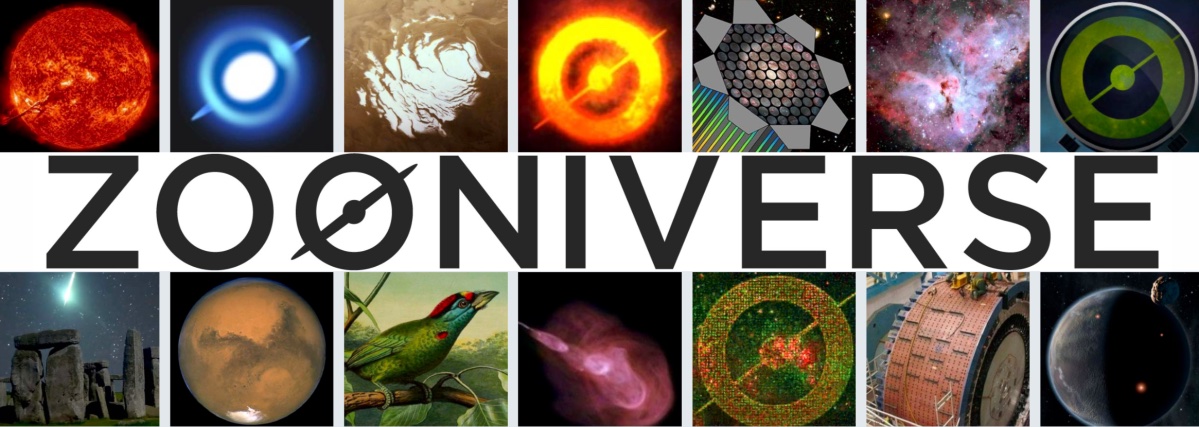 Citizen Science with Zooniverse (starts at 13:21)
Citizen Science with Zooniverse (starts at 13:21) 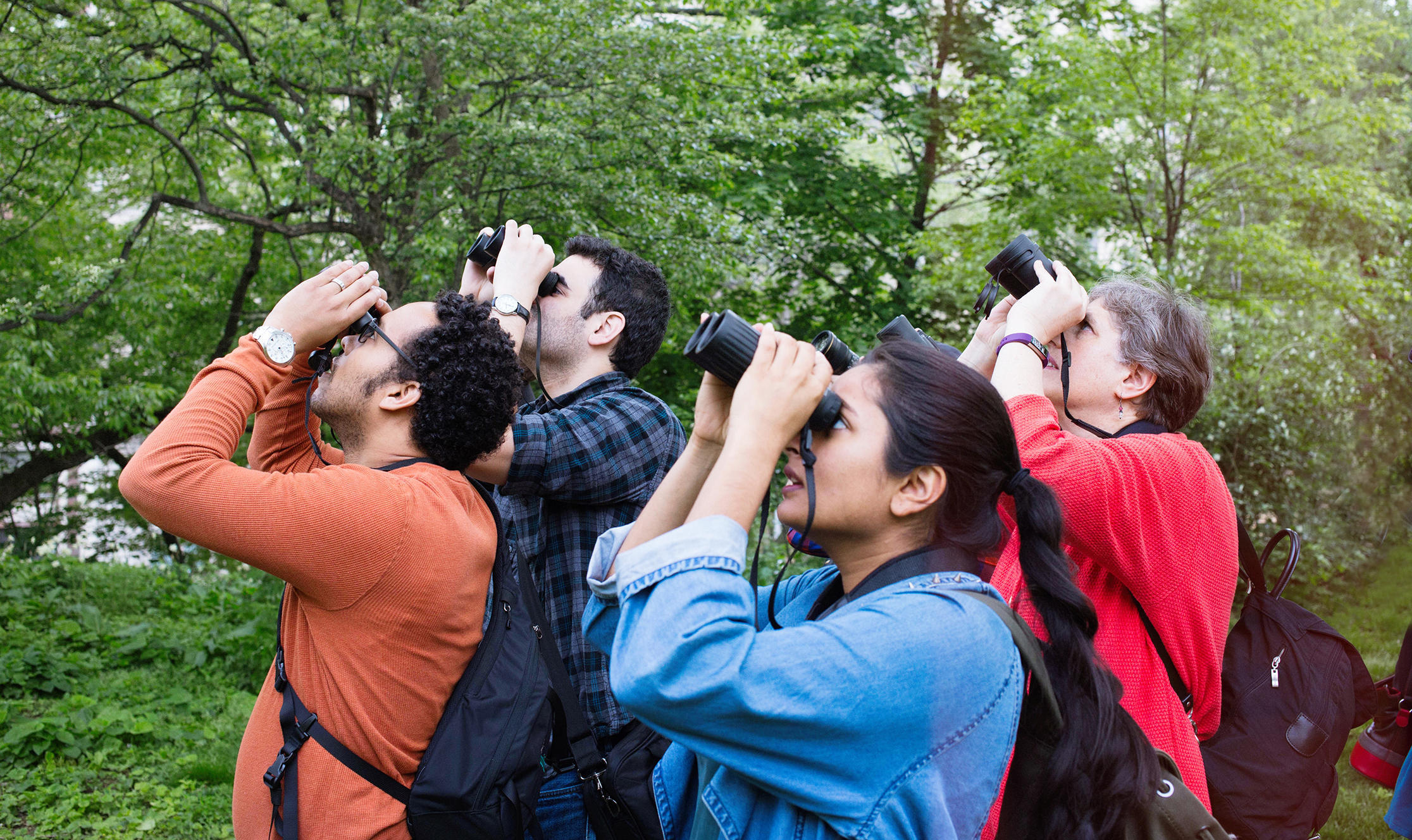
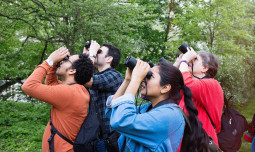
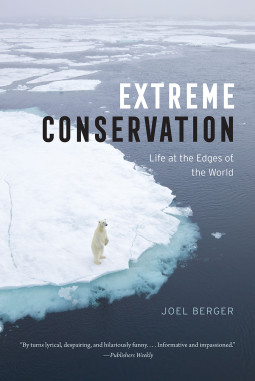 Conservation on the Edges (start time: 13:26) Charismatic predators like polar bears, grizzlies, and tigers, get lots of attention, and for good reason. But many lesser known species, particularly those living in extreme environments–including muskoxen, wild yaks, takins and saigas–are also important species. They have been the research focus of
Conservation on the Edges (start time: 13:26) Charismatic predators like polar bears, grizzlies, and tigers, get lots of attention, and for good reason. But many lesser known species, particularly those living in extreme environments–including muskoxen, wild yaks, takins and saigas–are also important species. They have been the research focus of 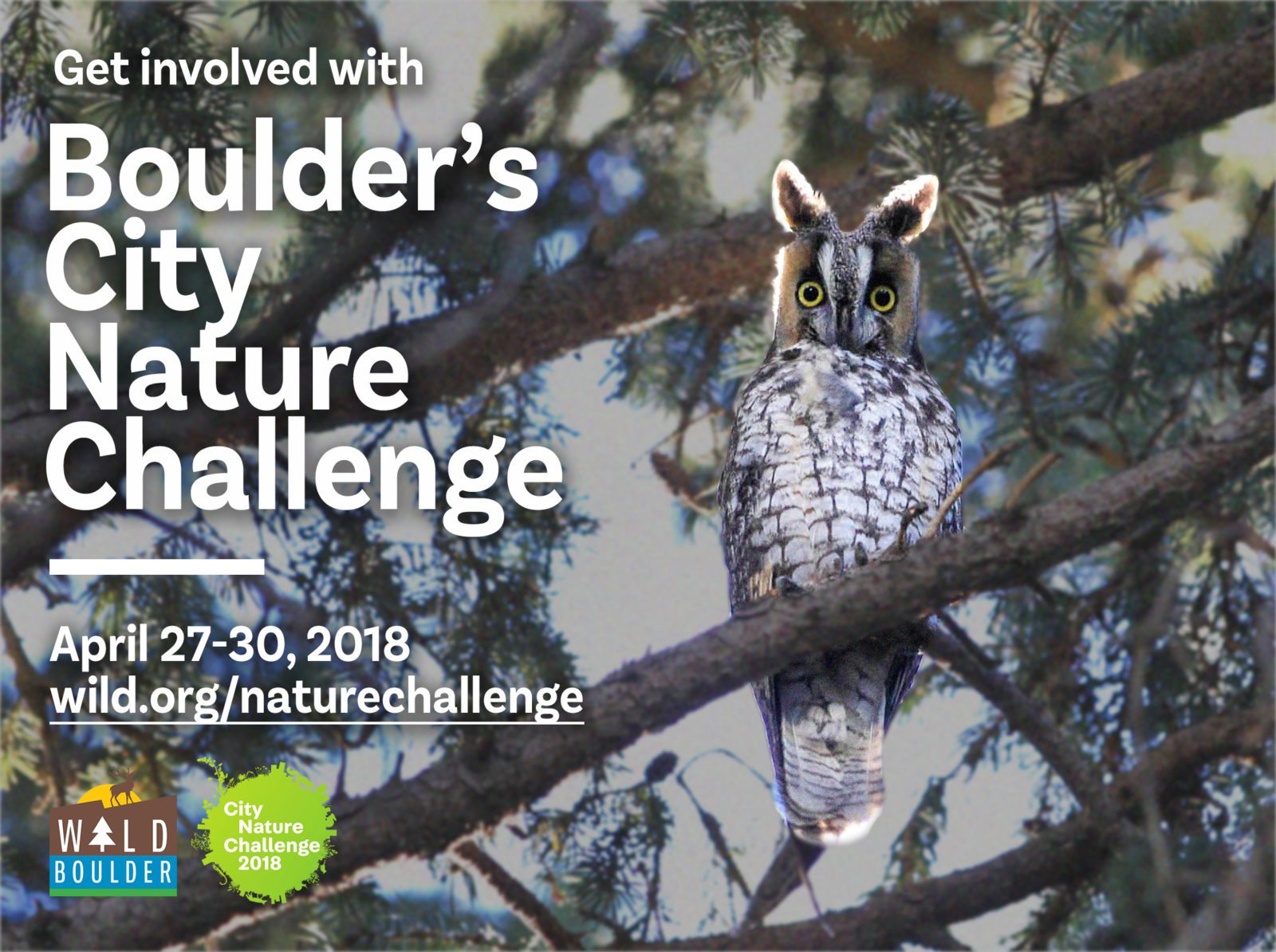
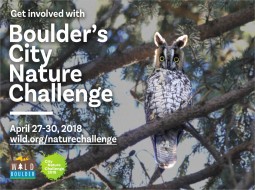 Attention all Nature Lovers and Amateur Naturalists, Friday April 27th kicks of the
Attention all Nature Lovers and Amateur Naturalists, Friday April 27th kicks of the 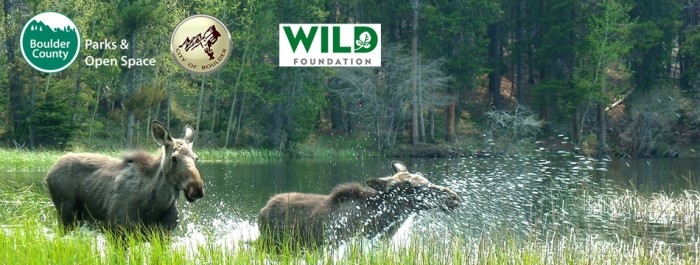

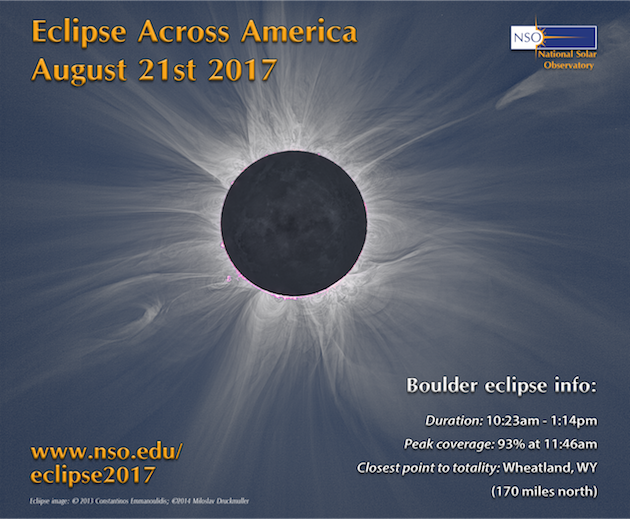
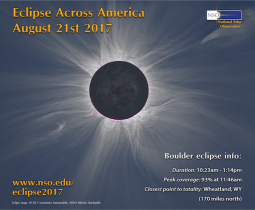
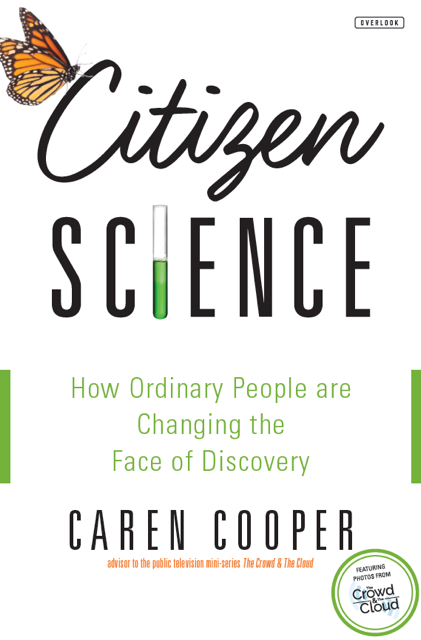
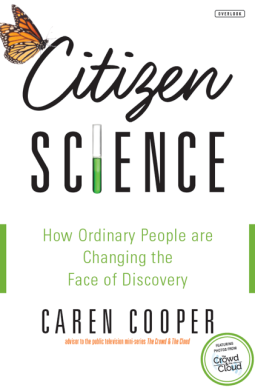 Citizen Science (start time: 5:32): For those who would love to track birds and other creatures or to test drinking water quality in their community, for instance, but think it would require a degree in science to contribute to important scientific discoveries, our guest today aims to set the record straight.
Citizen Science (start time: 5:32): For those who would love to track birds and other creatures or to test drinking water quality in their community, for instance, but think it would require a degree in science to contribute to important scientific discoveries, our guest today aims to set the record straight. 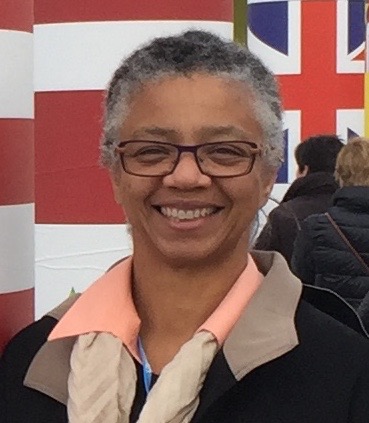
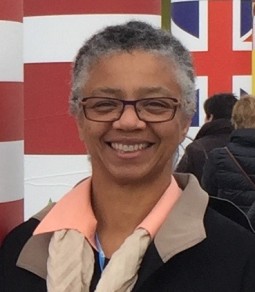



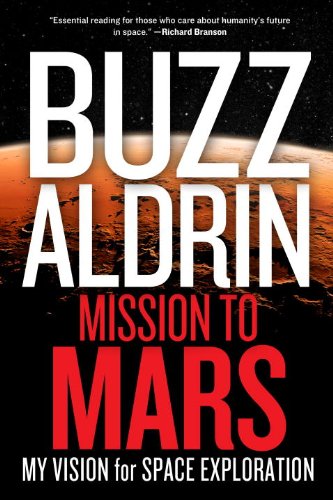
 Buzz Aldrin’s Vision for Space Exploration (starts at 6:14) Dr. Buzz Aldrin advocates that the United States should not enter a space-race to the moon against the Chinese, or a race to Mars against the Russians, but rather show leadership by cooperating with the major space-faring nations to systematically step across the great void to the Red Planet. This is his personal Unified Space Vision. He is also working toward an independent council, a United Strategic Space Enterprise, that would advise American citizens about the nation’s space policy. USSE experts would draw on a deep knowledge of America’s previous successes and failures to present a unified plan of exploration, science, development, commerce, and security within a national foreign policy context. Buzz shared these visions with How On Earth’s Jim Pullen. Here’s an excerpt from his hour-long discussion with Jim. Stay tuned for the rest of his discussion, in which he shares little-known insights into why Apollo 11, not Apollo 12, was first to land humans on the moon, and never-before-shared honors for Neil Armstrong and Pete Conrad.
Buzz Aldrin’s Vision for Space Exploration (starts at 6:14) Dr. Buzz Aldrin advocates that the United States should not enter a space-race to the moon against the Chinese, or a race to Mars against the Russians, but rather show leadership by cooperating with the major space-faring nations to systematically step across the great void to the Red Planet. This is his personal Unified Space Vision. He is also working toward an independent council, a United Strategic Space Enterprise, that would advise American citizens about the nation’s space policy. USSE experts would draw on a deep knowledge of America’s previous successes and failures to present a unified plan of exploration, science, development, commerce, and security within a national foreign policy context. Buzz shared these visions with How On Earth’s Jim Pullen. Here’s an excerpt from his hour-long discussion with Jim. Stay tuned for the rest of his discussion, in which he shares little-known insights into why Apollo 11, not Apollo 12, was first to land humans on the moon, and never-before-shared honors for Neil Armstrong and Pete Conrad.